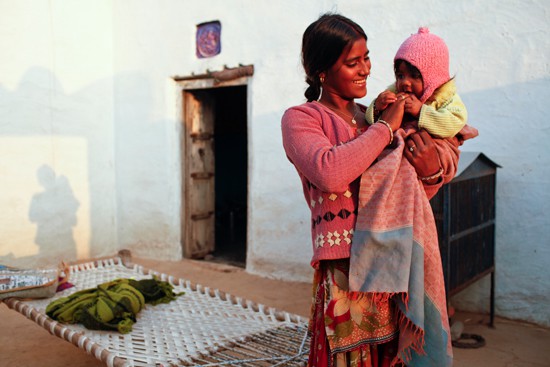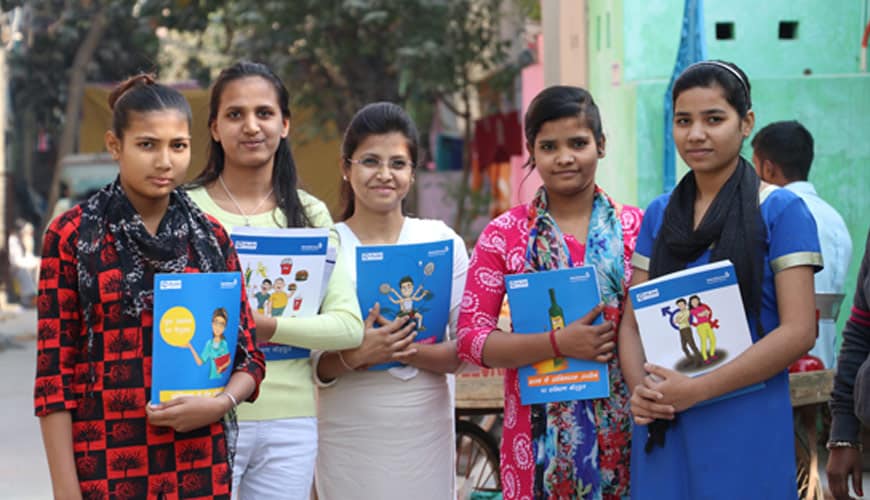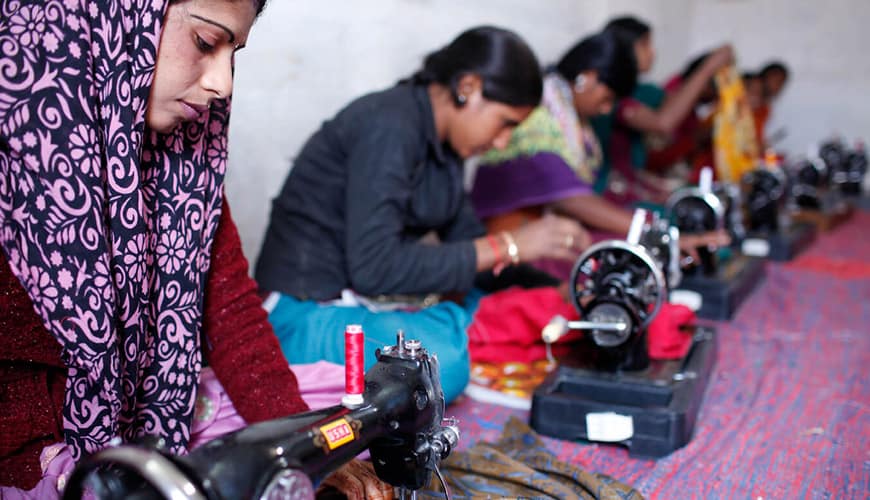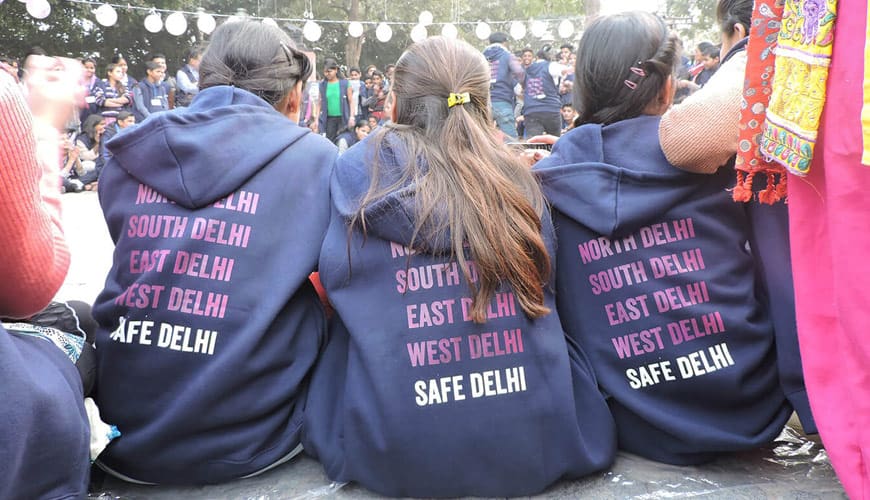
Sex-selective elimination of female foetuses, often through the misuse of the very technology that was developed for the care of an unborn child, continues to be a problem.
Let Girls Be Born (LGBB) is an advocacy project through which Plan India, with the support of Plan International – Netherlands, works to end discrimination and fight female foeticide through effective implementation of the law. The project is currently active in Jharkhand, Rajasthan and Uttar Pradesh.
Innovations
- Geo-tagged mapping of testing centres on a portal that strengthens Pre-Conception and Prenatal Diagnostic Techniques (PC & PNDT) cells through online tracking and compliance
- Changes in Governance: Delegating Chief Medical Health Officer’s (CMHO) powers to the District Magistrate (DM) for effective enforcement of PC & PNDT Act and to prevent any probable collusion with the offenders
Plan India undertakes capacity building of Accredited Social Health Activists (ASHAs) who are trained at regional and block levels and then cascade their learning to peers and communities. These frontline workers (FLWs) coordinate, collaborate and consolidate efforts across the state to record and analyse data, identify and address gaps through grassroots level facilitation.
Plan also works with the state governments to showcase learning from other successful initiatives across India. Piloted in Rajasthan, the Mukhbir Yojana or Informant Scheme incentivises sharing of information on centres providing sex determination services or operating illegally. It is now also active in Uttar Pradesh and Jharkhand. LGBB also works with volunteers empanelled by the State Legal Services Authority from the National Legal Awareness Programme and trained paralegals to disseminate information through Lok Adalats. The programme works with the communities on behaviour change and helps create a dialogue on roles for girls in the socio-economic context.
Active engagement with Panchayati Raj Institutions (PRIs) has led to the display of ‘Guddi-Gudda’ boards within communities that present gender-segregated data. Effective tools for behaviour change, the boards drive ownership and spark reflection within communities over the issue of declining sex ratio. Peer educators and youth clubs have emerged as the backbone for community mobilisation and facilitation of on-ground actions. With work making rapid progress at both advocacy and grassroots levels, Plan is well on its way to ensure equality for girls’ right from their inception.
Highlights
- Support to develop and manage the PC&PNDT portal in Jharkhand. Called ‘Garima Jharkhand’ the portal is being used to effectively monitor 938 registered ultrasound centres and genetic laboratories such as IVF centres.
- 1,632 girls enrolled for government’s flagship Sukanya Samiridhi Yojna with a total deposit of Rs 63,74,200 in the name of the girls by the parents.
- 848 girls enrolled for state-specific girl welfare schemes such as Mukhya Mantri Sukanya Yojna in Jharkhand, Rajshree Yojana in Rajasthan, and Kanya Sumangla Yojna in Uttar Pradesh.
- 99,650 community members reached with messaging on girls’ rights.
- 3000 students benefitted through the strengthening of Child Clubs and their libraries on gender equality in 15 schools of Jaipur.








